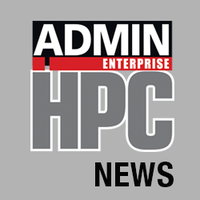IBM Announces Uncertainty Toolkit
IBM has announced the open source release of its Uncertainty Quantification 360 Toolkit (UC360). The toolkit provides a versatile and nuanced way for an AI system to express uncertainty. According to the press release, “AI systems based on deep learning have a reputation for making overconfident predictions, even when they are wrong—with serious consequences at times.”
AI systems often behave quite confidently, but they lack a means for assessing the grounds for that confidence. The result of this blind spot is sometimes disastrous. Self-driving cars, pharmacy bots, and other AI tools are known to occasionally make dangerous mistakes because they have no systematic way of assigning a confidence level for their predictions. The goal of UC360 is to offer a means for AI to express a degree of uncertainty.
IBM also believes that UC360 could reduce the time necessary for discovering new materials and new medications. “By conducting experiments where the uncertainty is greatest, we have reduced the number of experiments in the material discovery process.” In pre-screening tests, drug candidates that receive a high confidence score from the AI system advance to the next stage. As a result, UQ360 “...reduces the time, money, and effort expended for AI-assisted drug discovery without missing potentially life-saving candidates.”
For more information, see the press release at the IBM website.

